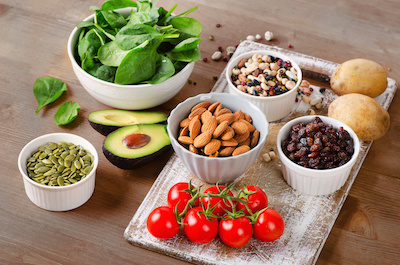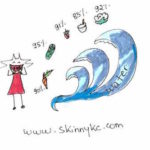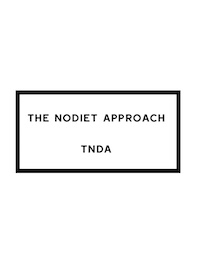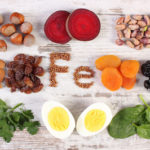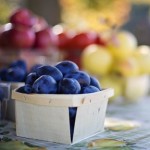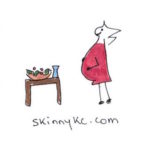Vitamins and minerals: food or pills?
What is the best way to get our body nourished??
It takes some planning and organizing to have a diet full of vitamins and minerals along with some basic nutrition knowledge.
Vitamins and minerals are micro substances (micronutrients) that are found in food or can be synthesized in labs in the form of pills. RDA (Recommended Dietary Allowance) and IU (International Unit) are indicators of how much should we have of each vitamin or mineral in order to prevent diseases.
Some bread and cereals are fortified with vitamins and minerals as a measure from the FDA (Food and Drug Administration) to ensure that all people are supplemented.
Vitamin D is recommended to prevent cancer, cardiovascular problems and low immunity. Sun is the best remedy! Expose your body for 20 minutes few times a week to get your Vitamin D up!
Vitamin C should be used for cold prevention rather than cold cure. Nowadays with the Covid-19 pandemic, vitamin C and zinc are part of our daily routine.
It is better to get those micronutrients from food rather than pills given the fact that the body absorbs natural sources of vitamins better than chemical sources.
It is possible to tailor your diet to the point of becoming pill free !
This is a list of some of the power food you should be consuming:
- Fatty fish and egg yolk: Vitamin D (bone strength).
- Peanut butter: Niacin or vitamin B3 (helps convert food to energy).
- Sweet potatoes: Vitamin A and potassium (immunity and heart health).
- Brazil nuts (3 to 4) and canned tuna rich in Selenium for the regulation of thyroid function.
- Pine nuts and soybeans: rich in Thiamin or vitamin B1 (carbohydrate metabolism).
- Oysters: rich in zinc which enhances the sense of taste
- Spinach: Folic acid and Vitamin K prevent spina bifida (birth defect) and aids blood coagulation.
- Chicken liver: rich in Iron prevents anemia.
- Kale: rich in Vitamin K and vitamin A (blood coagulation and immunity).
- Chickpeas: Vitamin B6 (stabilizes blood sugar).
- Sweet red pepper: vitamin C (antioxidant).
- Calcium: plain yogurt (bones).
- Cooked clams: Vitamin B12 prevents anemia.
- Sunflower seeds: vitamin E (antioxidant).
- Watermelon: lycopene (antioxidant).
- Wheat bran: magnesium, which aids in nerve function and bone strength.
- Colored fruits and vegetables (antioxidant).
- White beans: iron source for vegan and vegetarians.
It was proven that vitamin C aids the absorption of iron so it is good to pair orange juice with red meat or add red pepper to a bean salad.
Vitamins and minerals, if taken excessively, cause toxicity. Here are some examples of toxicities found in vitamins:
Studies showed that some water-soluble vitamins like vitamin C, in excess, higher the incidence of cataract in women.
High doses of fat-soluble vitamins such as vitamin A, can cause birth defects.Long-term intake of Vitamin A promotes the development of osteoporosis hip fracture in women.
High levels of vitamin E reverse the effect of some blood thinners medications.
Synthetic vitamins should be consumed in moderation as part of a healthy and balanced diet consisting of all kinds of fruits, vegetables, fats and proteins.

